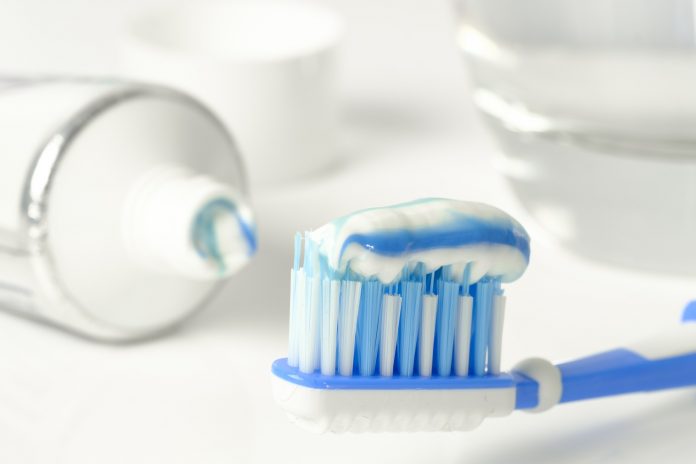
A study by a robot scientist called ‘Eve’ at the University of Cambridge, UK, has revealed that an antibacterial and anti-fungal agent found in soaps could be used to combat various strains of malaria.
Malaria is one of the world’s biggest killers, claiming the lives of over half a million people ever year. The main regions affected are Africa and southeast Asia.
Much work is still being done to combat the virus, with the Bill & Melinda Gates Foundation being one of the biggest names in helping eradicate it, committing $258.3m (~€210.9m) to malaria research.
The latest breakthrough in research comes from the University of Cambridge, where an AI scientist has found ingredients commonly seen in toothpaste and detergents that could be helpful in tackling certain strains of the virus.
The key ingredient is triclosan, which, when used in toothpaste, prevents the build-up of plaque bacteria by restraining the action of an enzyme known as enoyl reductase (ENR), which is involved in producing fatty acids.
Using triclosan on the malaria parasite
Scientists have known for some time that triclosan inhibits the growth in culture of the malaria parasite, Plasmodium, during the blood stage, which they attributed to its ability to target ENR.
However, later work demonstrated that Plasmodium growth in the blood was not affected by improving triclosan’s ability to target ENR, which is found in the liver.
Now, with the help of AI scientist Eve, the team discovered that triclosan affects parasite growth by impeding a different enzyme of Plasmodium known as DHFR.
DHFR is the target of a well-established antimalarial drug called pyrimethamine. However, particularly in Africa, resistance to this drug is common.
What’s next?
The team at Cambridge have shown that triclosan is able to target and act on the DHFR enzyme, even in parasites resistant to pyrimethamine.
Triclosan inhibits both ENR and DHFR, so researchers believe there may be a possibility that they can target the parasite at both the liver and later blood stage.
Lead author Dr Elizabeth Bilsland, assistant professor at the University of Campinas, Brazil, said: “The discovery by our robot ‘colleague’ Eve that triclosan is effective against malaria targets offers hope that we may be able to use it to develop a new drug.
“We know it is a safe compound, and its ability to target two points in the malaria parasite’s lifecycle means the parasite will find it difficult to evolve resistance.”
Results were published in the journal Scientific Reports.























